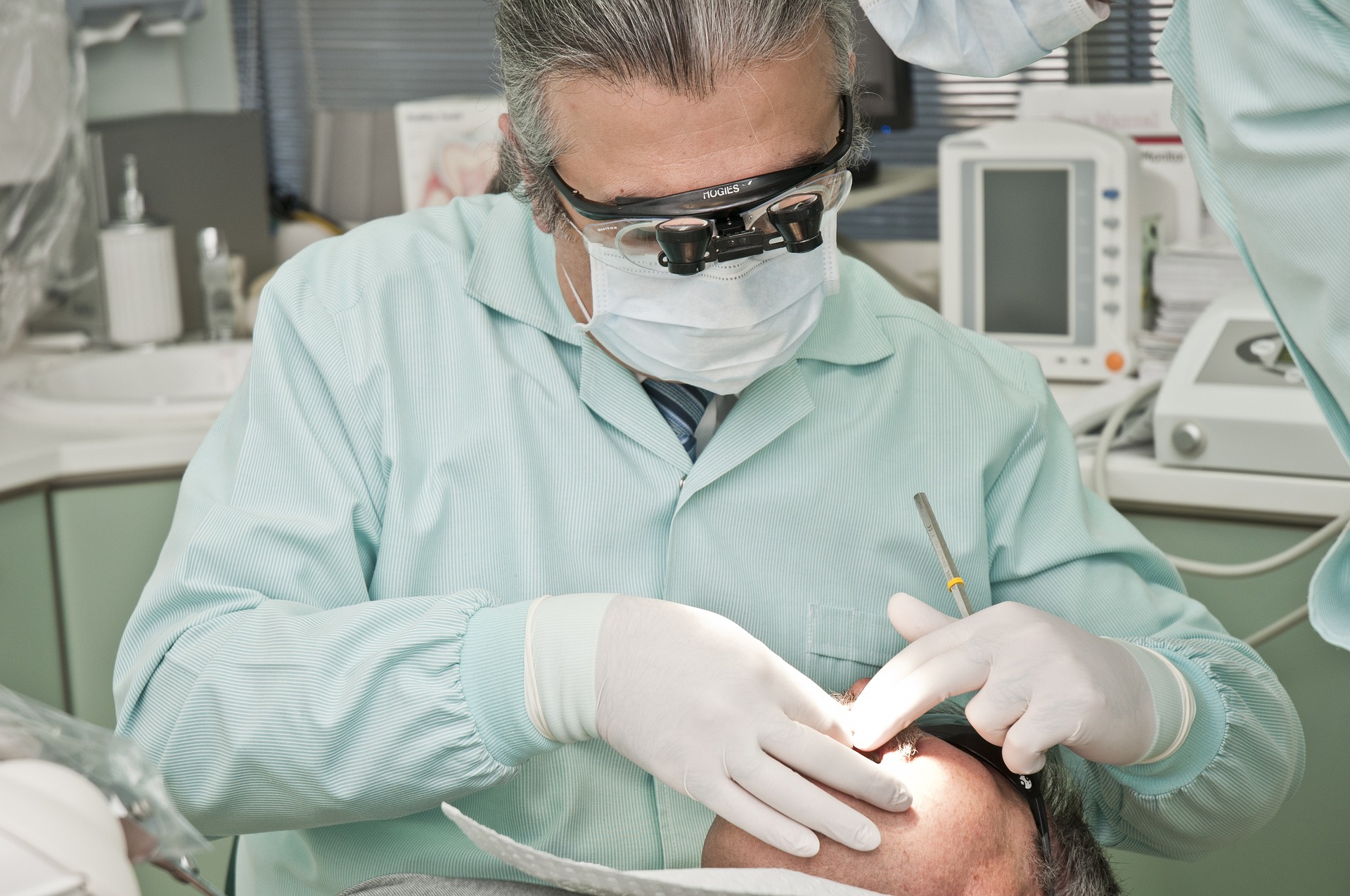
Geneva – Nearly half of the world’s population, or 3.5 billion people, suffers from oral diseases, the majority of them in low and middle income countries, the World Health Organisation (WHO) says.
The most common oral illnesses are tooth decay, severe gum disease, tooth loss and oral cancers, with untreated tooth decay affecting nearly 2.5 billion people, according to WHO.
Large out-of-pocket expenditure and the unavailability of highly specialised dental equipment in primary healthcare facilities are two of the reasons for the high prevalence of oral diseases, especially in poor countries.
Oral health has long been neglected in global health, but many oral diseases can be prevented. WHO suggests countries include equitable oral health services as part of their national planning and integrate oral health services into their primary health care models.
In other global health news:
Covid response intensifies in China as cases spike
Beijing shut parks, shopping malls and museums while more Chinese cities resumed mass testing for covid, as China fights a spike in cases, deepening concerns about its economy and dampening hopes for a quick post-coronavirus reopening, Reuters reports.
China reported 28,127 new local cases nationally, nearing its daily peak from April, with infections in the southern city of Guangzhou and the southwestern municipality of Chongqing accounting for about half of the total.
In Beijing, cases are hitting fresh highs each day, prompting calls from the city’s government for more residents to stay put.
City authorities said people arriving in the capital from elsewhere in China would need to undergo three days of covid testing before they are permitted to leave their homes or accommodation.
Netherlands to cull 29,000 chickens
The Netherlands is to cull another 29,000 chickens on a farm in the north of the country after the detection of a highly infectious strain of bird flu. About six million birds have already been culled in the Netherlands since the new variant of the disease was first detected in October last year.
The recreational use of nitrous oxide, also known as ‘laughing gas’, is on the rise in Europe among young people, producing worrying numbers of poisonings, the European Union drugs monitoring agency EMCDDA has said in a study. In Denmark, cases of nitrous oxide poisoning have increased from 16 in 2015 to 73 last year; in France cases jumped to 134 in 2020 from 10 reported in 2017; while the Netherlands had 144 cases in 2020, Reuters reports.
Short intense exercise has been found to be more effective than slower, longer exercise, according to a new study. Researchers from the NIH Care Research Centre in Cambridge found that doing just two brisk walks for an hour and fifteen minutes a week or one run for the same amount of time a week is enough to lower heart disease risk, the World Economic Forum reports.
UK trial for lab grown blood
Blood that has been grown in a laboratory has been put into people in a world-first clinical trial, UK researchers say. Tiny amounts equivalent to a couple of spoonfuls are being tested to see how it performs inside the body, the BBC reports.
Finally, 91 percent of parents say their family is less stressed when they eat together, according to a new survey from the American Heart Association. This highlights the mealtime impact on mental well-being. A total of 84 percent of adults wish they could share a meal together more often, according to the research.

